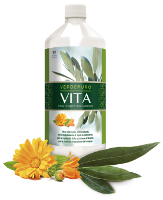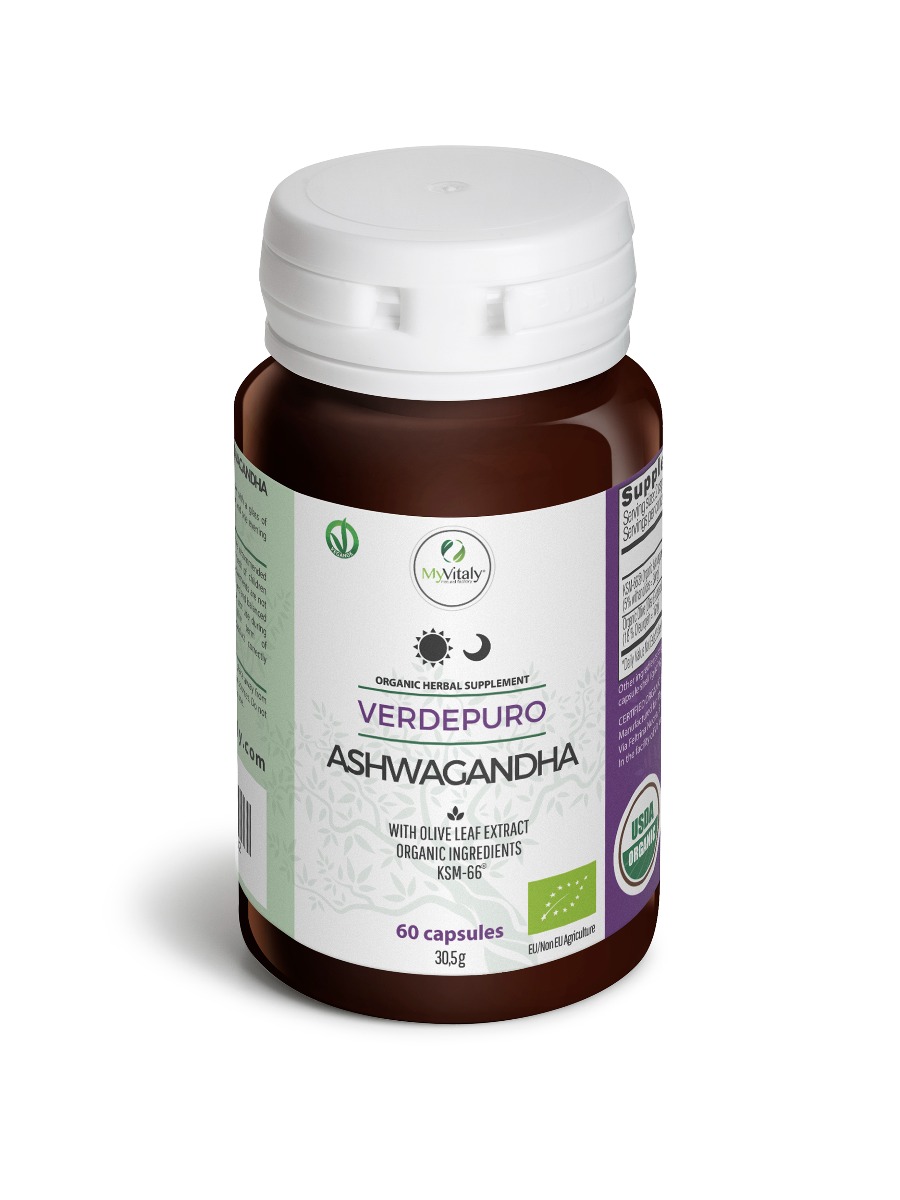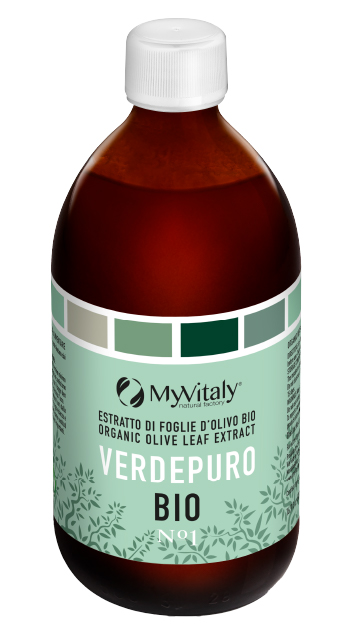This website uses first-party and third-party cookies for technical, analytical, statistical, remarketing and profiling purposes. More information and how to manage preferences are available on the Legal Notice and Privacy. By selecting “continue”, or by proceeding with browsing, you agree to the use of third-party cookies.
Six Super Foods That Actively Help Lower Cholesterol
WHAT IS CHOLESTEROL?
Cholesterol is a lipid and is vital for the normal functioning of the body. However, having an excessively high level of lipids in your blood (hyperlipidemia) can have an effect on your health. A cholesterol level above 200 is considered borderline high, and above 240 requires aggressive treatment.
High cholesterol itself doesn't usually cause any symptoms, but it increases your risk of serious health conditions.
It is important to know that there are two main types of lipoprotein:
- high-density lipoprotein (HDL) – carries cholesterol away from the cells and passes it out of the body as a waste product; for this reason, HDL is referred to as "good cholesterol", and higher levels are better
- low-density lipoprotein (LDL) – carries cholesterol to the cells that need it, but if there's too much cholesterol for the cells to use, it can build up in the artery walls for this reason, LDL is known as "bad cholesterol"
HOW CAN I LOWER MY CHOLESTEROL?
When cholesterol levels don't require a medical treatment, some foods can help to reduce cholesterol levels. Choosing a healthy diet, low in saturated fat is important in helping to keep healthy level of cholesterol. Here some tips to follow.
1. Soya Foods
Being naturally low in saturated fat, soya foods help lower cholesterol. The special proteins in soya also appear to influence how the body regulates cholesterol too. Studies show you can lower your cholesterol by around 6% by including as little as 15g soya protein per day. Nowadays you can choose from soya milk, soya yogurt, soya meat and many others.
2. Nuts
Rich in vegetable protein, fibre, heart healthy unsaturated fats, vitamin E, magnesium, potassium, you need only 30-35g a day of nuts (a handful) to lower your cholesterol
3.Oats and Barley
Change your morning meal. Switching up your breakfast to contain two servings of oats can lower LDL ("bad") cholesterol by 5.3% in only 6 weeks. The key to this cholesterol buster is beta-glucan, once eaten beta glucan forms a gel which helps bind cholesterol in the intestines and prevent it from being absorbed.
4.Spinach
This popular green food contains lots of lutein, the sunshine-yellow pigment found in dark green leafy vegetables and egg yolks. Research suggests that just ½ cup of a lutein-rich food daily also guards against heart attacks by helping artery walls "shrug off" cholesterol invaders that cause clogging. Look for bags of baby spinach leaves that you can use for salads or pop in the microwave for a quick side dish.
5.Avocado
6. Olive oil and Olive leaf extract
Good news: This common cooking ingredient can help your health. Olive oil is full of heart-healthy monounsaturated fatty acids (MUFAs), which lower LDL cholesterol—and have the welcome side effect of trimming belly fat. Use it to make your own salad dressings, marinate chicken and fish, or roast vegetables.





 Login
Login
 Register
Register 

